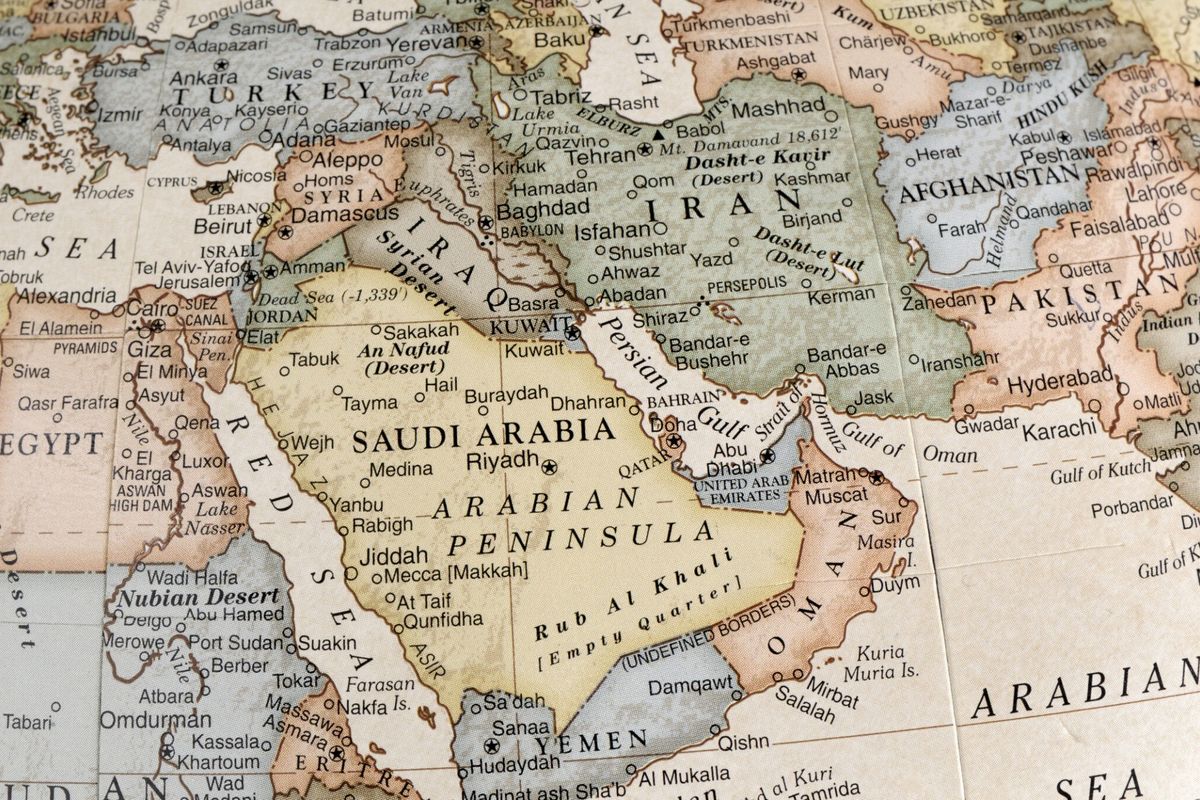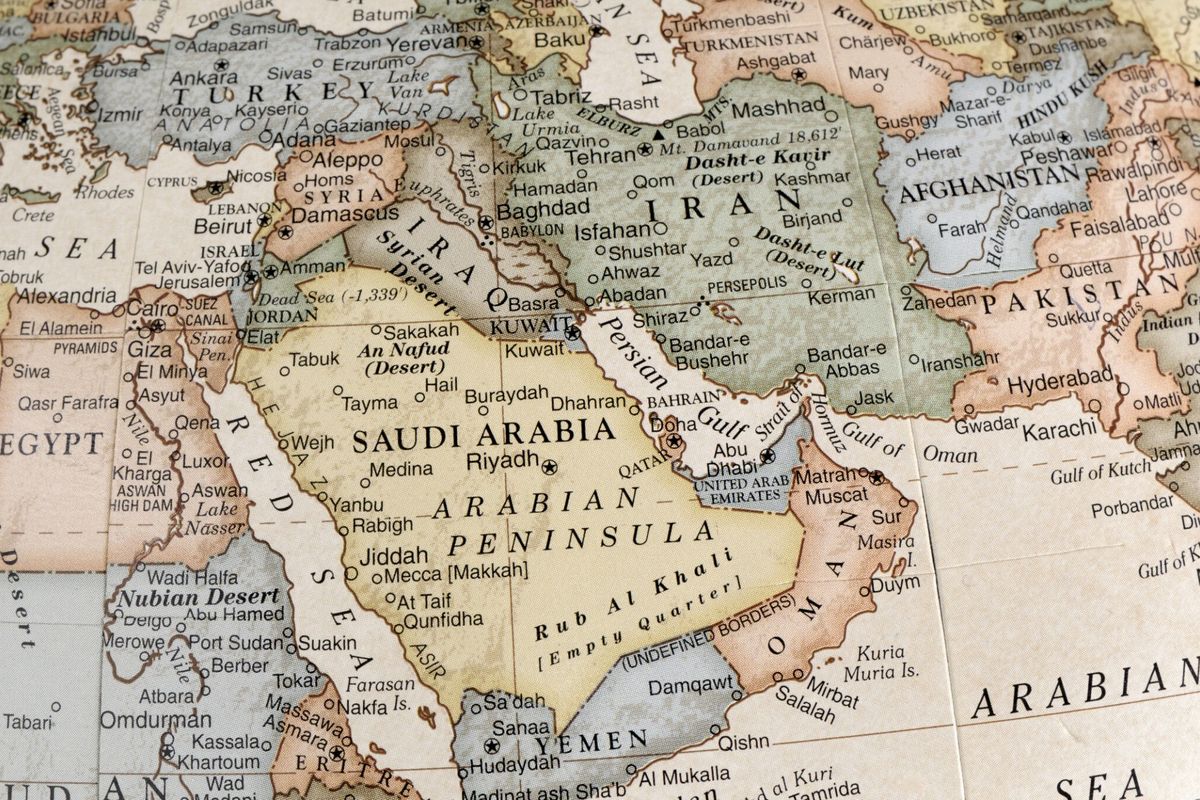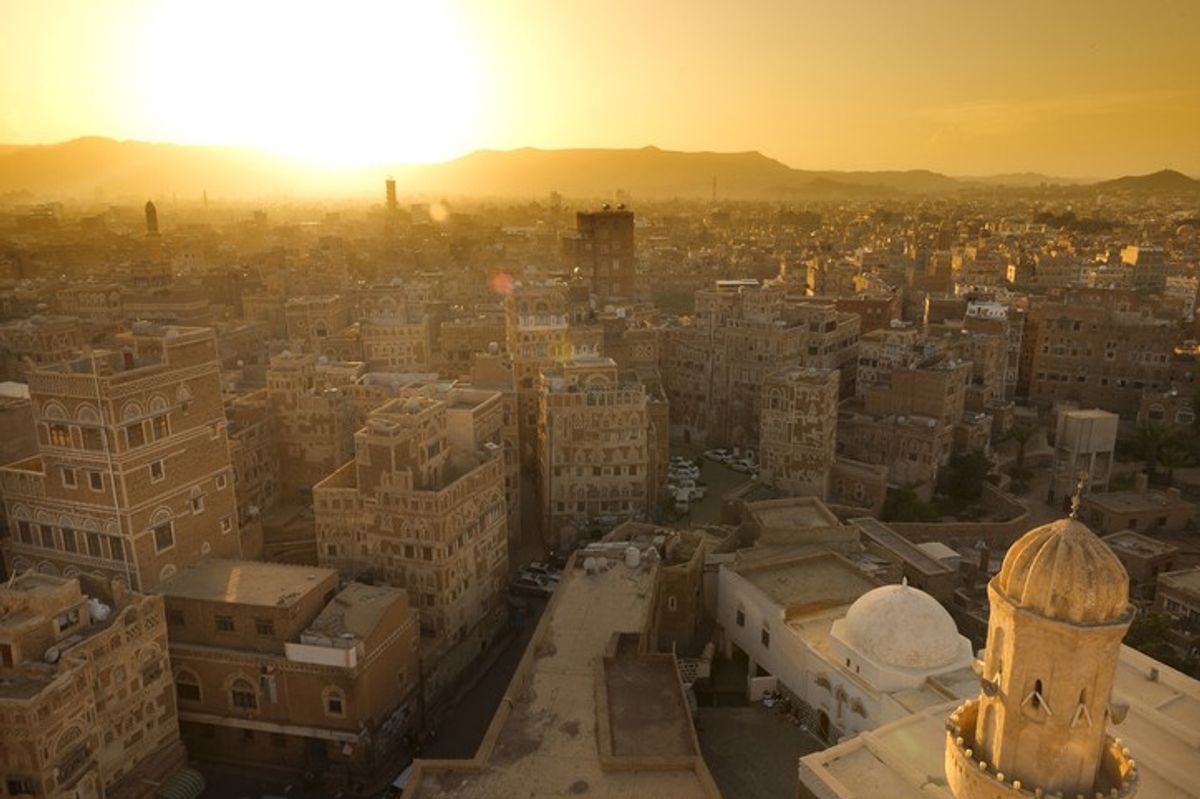The Cipher Brief spoke with Amgad Husein, Managing Partner of Dentons’ Saudi Arabian operations. He said that recent Saudi Arabian construction priorities have moved from the oil and gas sector to the construction and expansion of new transportation, healthcare, housing, and energy infrastructure.
The Cipher Brief: What are some of the construction projects that are a priority in Saudi Arabia? How involved are Western firms/companies in these projects?
Amgad Husein: Historically, Saudi Arabia’s largest and most important economic asset has been its vast oil reserves. For this reason, construction projects in the energy sector, specifically in relation to oil and gas, have had the highest priority in Saudi Arabia.
However, with a steady decline in oil prices, coupled with a growing desire to reduce dependency on oil, diversify the economy and knowledge base, and develop the human capital, oil and gas construction projects have become less of a priority.
Saudi Arabia is seeing growth in several sectors of its society, including the health, education, and even tourism sectors, as well as diversification of the energy sector with expansion into renewable energies. This is in addition to an overall growth in population and to the presence of foreign workers from all over the world, which correlates with a large growth in housing, transportation, and infrastructure needs.
Some of the projects that have taken priority in Saudi Arabia include construction and expansion of hospitals and schools, airports, rail and metro systems, energy and power plants, and housing complexes in order to transport, house, and otherwise accommodate the massively growing population.
Generally, the head contractors on most construction projects in Saudi Arabia are large, wholly Saudi Arabian owned firms, such as the Saudi Bin Ladin Group, Saudi Ogeir, and El Seif. Western firms are generally only involved in construction projects in Saudi Arabia as subcontractors and not as head contractors. However, some construction projects are awarded to consortiums involving Western contractors that have specialist expertise in a certain area.
TCB: What role does the Saudi government play in overseeing the country’s construction markets?
AH: The vast majority of construction projects in Saudi Arabia are government projects. As Saudi Arabia’s largest economic asset is its vast oil reserves, Saudi Aramco tends to be the most active government customer, though other government entities also need construction services, such as Saudi Railways Organization, which is currently overseeing the construction of various rail and metro systems.
TCB: How competitive is the Saudi Arabian construction market, particularly for Western firms?
AH: For Saudi Arabian contractors and subcontractors, the Saudi Arabian construction market is lucrative, but at the same time competitive. This is due to several factors, including the dominance of the local firms and the requirement pursuant to Saudi Arabian law that a foreign contractor or subcontractor who engages in construction services in Saudi Arabia must subcontract 30 percent of the work to a Saudi Arabian subcontractor, which adds to the already plentiful amount of work that is available in the Saudi Arabian construction market.
For Western construction firms, competition amongst head contractors is fierce, since the Saudi Arabian government tends to prefer awarding construction contracts to local Saudi Arabian construction firms. However, there is less competition for specialized Western firms interested in working as subcontractors or in a consortium.
TCB: What are some of the legal challenges Western firms face in the Saudi construction market?
AH: The primary legal challenge Western firms face in the Saudi Arabian construction market is the application of the Foreign Investment Law to their proposed entry into the market. Second, and relatedly, Saudization requirements also pose a significant legal challenge.
First, the Foreign Investment Law forbids any foreign investment in Saudi Arabia without a Foreign Investment License (SAGIA License), and empowers the Saudi Arabian General Investment Authority (SAGIA) with wide discretion to oversee the issuance of all SAGIA Licenses. In general, SAGIA issues SAGIA Licenses on the basis of the applicant’s proven track record, as well as its business plan to be implemented in Saudi Arabia, including to what extent it will contribute to the training, development, and employment of Saudi Arabian nationals in high-skilled, high-paying jobs. In addition, SAGIA is also responsible for enforcing investment restrictions on foreign investors, such as the Negatives List and Saudi shareholding requirements.
Second, Saudization is the colloquial term used to refer to Saudi Arabia’s official government policy of encouraging the employment of Saudi Arabian nationals in the private sector. The policy of Saudization is enforced and implemented through several programs and regulations in Saudi Arabia, including the Nitaqat Program, which categorizes businesses on a color-coded scale based on the percentage of their employees who are Saudi Arabian nationals. Different percentage requirements apply to different types of businesses depending on the sector in which they operate as well as the total number of people employed. Businesses that fail to maintain the minimum required percentage of Saudi Arabian employees risk penalties, such as the refusal to issue employment visas or to renew existing employment visas for the foreign employees of the violating business.
TCB: What are some of the main security risks Western construction companies and their personnel face in Saudi Arabia? What advice would you give these companies to mitigate these risks?
AH: In all, Saudi Arabia is a peaceful country with a low crime rate and well-equipped military, police, and border control force.
The two main cities of Riyadh—the political hub—and Jeddah—the commercial hub—are very stable. Here, there are little if any security risks that are unique to Western companies and/or their personnel, and all businesses and people are generally equally subject to the same risks and dangers regardless of nationality. For example, landlords who rent office space to several different businesses in a single building, such as a tower or skyscraper, will employ a small number of unarmed security guards to mainly control car parking and entry onto the grounds, as well as to deter any potential criminal behaviour. A Western construction company may want to employ these minimum-security measures if they are not already provided at its existing location. Many Western people in these cities, and in Saudi Arabia generally, choose to live in compounds, and some Western companies will arrange housing in compounds for their employees. Part of this is simply for convenience, since most local landlords who rent apartments, houses, and villas communicate only via Arabic. At a minimum, all compounds are high-walled with controlled entry. However, some compounds employ extensive security measures, including the use of armed guards and bomb-sniffing dogs. Western employees in Saudi Arabia who feel there is a risk to their safety may want to seek housing in such a compound.
The Eastern Province, while still very stable, has historically seen more violence than the central and Western regions of the country. However, aggression in this region generally comes from Sunni extremists aimed at Shi’a Muslim targets, who represent a religious minority in the country, and not at Western companies or people. Western companies and/or their personnel may want to take extra security precautions, such as renting compound housing and/or office space that is not near any potential targets and that employ armed guards.
Along the country’s southern border with Yemen, Saudi Arabia is currently engaged in a conflict with Yemeni rebels, who have recently managed to launch missiles across the border into Saudi Arabia. Any person or company with a presence in this area equally faces serious security risks regardless of nationality and would likely require substantial, military-level security measures.













